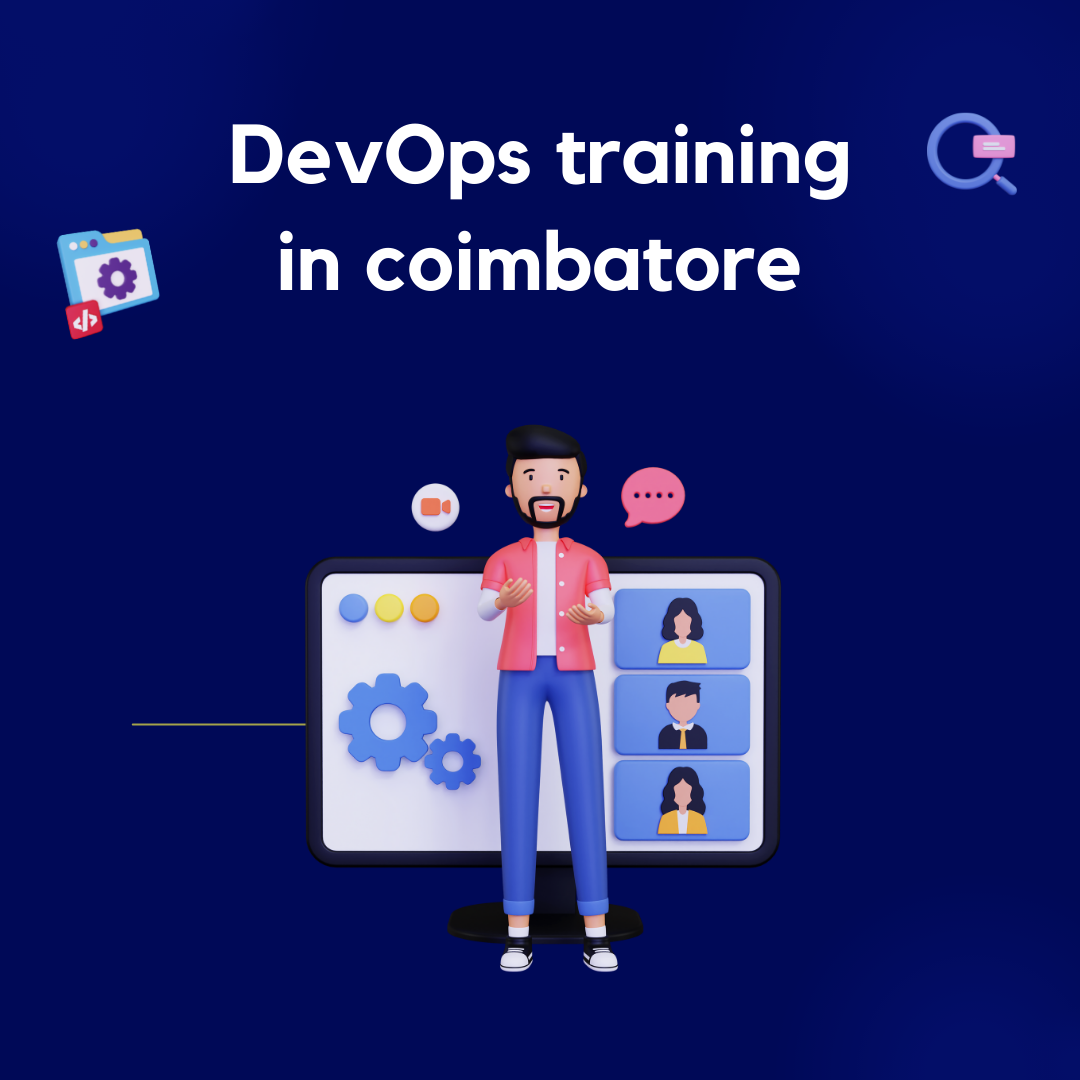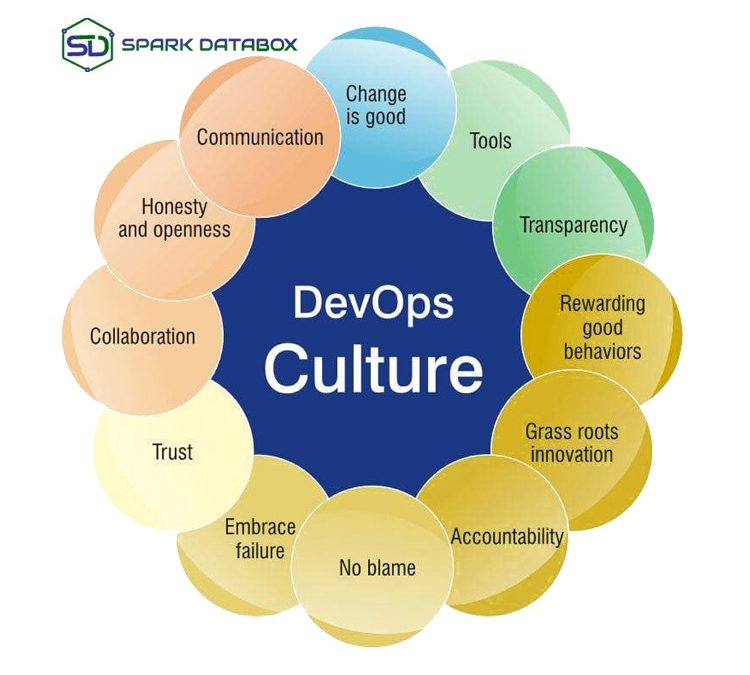Digitalization has reached a new level significantly, as the demand for better experiences has increased. Brands use DevOps to improve and use their software products and brands to streamline and strengthen their production cycles constantly.
We can discuss what DevOps is all about, and adopting a DevOps culture can help a company achieve its goals in the best possible way.
What is DevOps?
DevOps cannot be classified as a “name” – it is a collection of systems necessary to lay the rest of a developer culture. When one speaks about goals, the first thing that comes to mind is that DevOps is a tool used to speed up market time and use enhancements within the software space.
we are providing DevOps training in Coimbatore DevOps is a set of policies that enable cross-training of multiple groups involved in software development and infrastructure activities. It means it is a domain responsible for continuous integration and design, deployment, and maintenance of continuous distribution or CI / CD structures.
The most reliable approach to integrating the two streams involves the development team and the task force. In this way, a federation is developed between the two teams, and a communication channel is opened.

The list of key policies that require to be incorporated to gain success in the DevOps environment to promote such communication channels are as follows:
Fostering a collaborative environment
The first and most important policy behind DevOps is a successful collaboration between operations and development groups. By creating a one-sided team, the DevOps team can deliver its common goals and achieve its purpose. This concept’s main idea is that by making sure the two teams work collectively and communicate, they can share thoughts and resolve dilemmas together.
In this way, one can break down the pits and use their people, processes, and technology to achieve organizational goals. By streamlining processes, such specialized groups can create a fluid experience that facilitates a culture of improvements and rankings throughout the organization.
Create a culture to retain responsibility for the ultimate first
Traditionally, developers and operations operated separately, with no interaction between different teams. However, both teams are bound to work collectively in the DevOps environment to achieve common goals and act as a centralized team. Nevertheless, with the change in DevOps culture, there is a distinct strategy to this concept. Incompetence is addressed, and there is a place for everything and everyone within the team.
Sparkdatabox is one of the best online software training course with free certification in coimbatore. They offer Oracle Database, Java, Apache Tomcat, SQL and other courses.
Contribute to continuous improvement
With the additional end-to-end responsibility, there is a further need to adapt to new technology’s changing circumstances, customer needs, and the emergence of any law changes.
DevOps concentrates on consecutive development, which aims to improve performance, agility, and delivery cost.
Automate everything conceivable
Automation has become a necessity of the times. As awareness among consumers increases, continuous improvement is needed to meet customer demands. With this in mind, there have been significant advances in the adoption of tools that support automation and streamlining processes that include configuration management, CI / CD pipeline, and more.
Throughout the automation process, many processes can be automated to operate efficiently with a given resource. These include providing infrastructure, creating new systems, software development and deployment, and conducting various tests related to functionality and security compatibility.
With DevOps, teams can develop their own automation processes and create a scope that minimizes deployment time. Machines can be trained to use software faster than their usual breakthrough time while maintaining their reliability intact.
Focuses on customer needs
Brands that are not constantly innovating will not be able to sustain their customer demands. For this reason, brands need to act like a remote start, which needs to innovate as time goes on. DevOps teams must always meet the needs of their client. Data collected from automated processes can be examined to test whether performance goals have been met, ultimately providing customer satisfaction.

